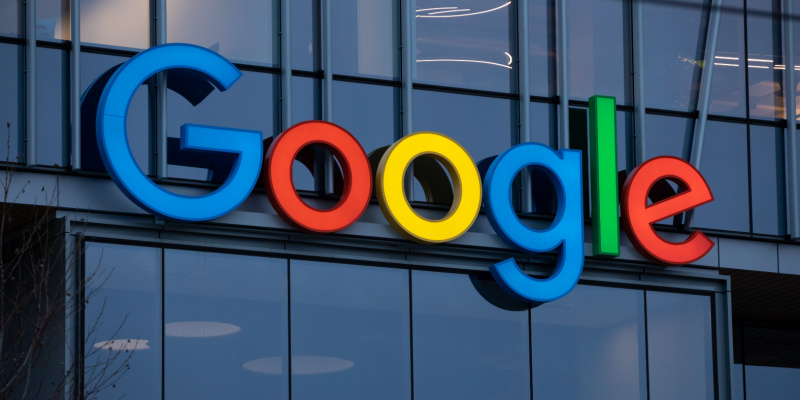lipflip – Alphabet, Google’s parent company and the world’s fourth-largest firm. Has announced a £5 billion ($6.8 billion) investment in the UK’s artificial intelligence sector. The funds will focus on enhancing infrastructure and advancing scientific research over the next two years. This move is part of a broader wave of significant US investments coinciding with US President Donald Trump’s state visit.
Read More : China Challenges NVIDIA’s Mellanox Acquisition on Antitrust Grounds
A key component of this investment is the official opening of a $1 billion (£735 million) data centre in Waltham Cross, Hertfordshire. The centre, inaugurated with Chancellor Rachel Reeves, will also undergo expansion, reflecting Alphabet’s long-term commitment to the UK technology landscape. The investment extends to London-based DeepMind, an AI research company led by British Nobel laureate Sir Demis Hassabis. DeepMind’s work targets revolutionary progress in advanced scientific research through AI.
Alphabet’s Chief Financial Officer, Ruth Porat, highlighted the “profound opportunities” in the UK, citing its pioneering role in science and technology. She emphasized the emerging US-UK special technology partnership, acknowledging risks but stressing shared economic and scientific opportunities. Porat also mentioned the UK government’s AI Opportunities Action Plan as an encouraging framework for the investment. Though she noted further work is needed to fully capitalize on AI’s potential.
Chancellor Reeves described the investment as a “powerful vote of confidence” in the UK economy and a testament to the strong US-UK partnership. Although the US had urged the UK to reconsider its Digital Services Tax. The tax issue was not part of the current announcements. Additional multi-billion-dollar investments from other US tech giants are expected soon, signaling growing confidence in the UK tech ecosystem.
Google’s rise in market value also reflects its strategic focus on AI. Alphabet recently became the fourth company to surpass a $3 trillion market valuation, joining Nvidia, Microsoft, and Apple. Google’s stock surged after US courts declined to order the company’s breakup, a legal outcome that CEO Sundar Pichai credited to Google’s transformation into an “AI First” company.
Sustainability, AI Jobs, and Future Opportunities in the UK
Amid concerns about the environmental impact of data centres worldwide, Alphabet has committed to sustainable energy practices in the UK. The new Waltham Cross facility will use air cooling instead of water cooling, and its waste heat will be redirected to warm local schools and homes. Alphabet also signed a deal with Shell to source 95% carbon-free energy for its UK operations.
This approach contrasts with some US government suggestions advocating a return to carbon-heavy energy sources for AI data centres. Alphabet remains dedicated to renewable energy, acknowledging the challenges of inconsistent wind and solar power. Porat stressed the importance of modernizing the energy grid to balance supply and demand effectively.
Regarding AI’s impact on jobs, Porat recognized potential risks but stressed the company’s focus on addressing the AI jobs challenge. She warned that merely using AI for efficiency gains would limit economic benefits. However, she pointed out that AI is creating new industries and augmenting jobs like nursing and radiology, rather than replacing workers outright.
Read More : TikTok Ownership Deal Framework Reached with China
Porat encouraged individuals to embrace AI tools, highlighting how AI collaborates with humans to enhance productivity. She advised against fearing AI or remaining passive observers, urging people to actively learn and adapt to this technology.
Alphabet’s UK investment symbolizes both the challenges and opportunities AI presents. By combining technological innovation, sustainability, and workforce adaptation, Alphabet aims to lead a new era of AI-driven growth that benefits both the economy and society.
